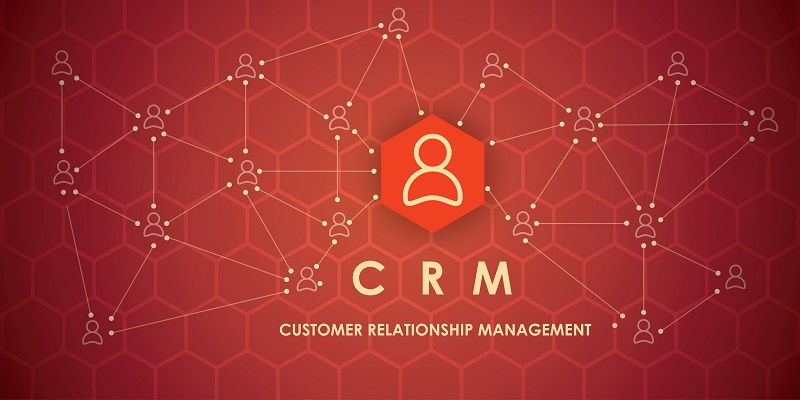Selecting the right Customer Relationship Management (CRM) software can greatly impact your business’s success. With numerous options available, it is vital to understand your objectives and choose CRM software that aligns with your unique requirements. This article provides a step-by-step guide to help you navigate the process and make an informed decision.
Understanding Your Objectives
Before diving into the world of CRM software, take the time to clearly define your objectives. Understanding what you hope to achieve will help you narrow down the options and select CRM software that best suits your needs. Whether it’s improving customer relationships, streamlining sales processes, or enhancing marketing campaigns, aligning your goals with the capabilities of the CRM software is essential.
Important Factors to Consider
When evaluating CRM software options, consider factors such as ease of use, scalability, integration capabilities, and customer support. The software should be user-friendly, allowing your team to navigate and utilize features effectively. It should also have the ability to adapt and grow as your business expands. Integration capabilities are crucial for a seamless flow of data across different systems and departments. Additionally, reliable and responsive customer support is essential for resolving any issues that may arise.
Utilizing Demos and Trial Periods
Take advantage of demos and trial periods offered by CRM providers. These opportunities allow you to assess whether the software meets your specific requirements. Through hands-on experience, you can evaluate its interface, functionality, and user experience. Engage your team members during the evaluation process to gain valuable insights and ensure a collaborative decision-making process.
Importance of Integration
Integration is a key factor in CRM software selection. Ensuring that the CRM software seamlessly integrates with other essential tools used in your organization, such as email marketing platforms, project management systems, or accounting software, streamlines your workflow and promotes data consistency. This integration will enable a smooth flow of information, avoiding duplication and reducing manual effort.
When considering CRM software options, it is crucial to carefully evaluate the pricing structure of each provider. Look beyond the monthly per-user costs and consider any additional fees for implementation, training, customization, or technical support. Assess the value that each provider offers in these areas, considering your budget constraints and long-term ROI.
Balancing Long-term Value and Costs
While pricing is an important consideration, it is essential to balance it with the long-term value that a CRM system can bring to your business. Consider the potential efficiency gains, improved customer satisfaction, and increased revenue that can be achieved with a well-implemented CRM solution. Measure these benefits against the associated costs to make an informed decision.
Implementation and Onboarding Process
Once you have selected a CRM software, it is crucial to set a time for everyone in your organization to get on board. Ensure that the implementation and onboarding process is well-planned, with a clear roadmap and designated leaders. Develop concrete metrics and benchmarks to measure your progress and track the effectiveness of the CRM software.
Seeking Feedback and Empowering Power Users
To choose the best CRM tool for your team, seek feedback early and often. Involve key stakeholders and power users in the decision-making process and gather their insights. Empower these individuals to become CRM champions, providing valuable feedback, training their peers, and driving adoption throughout the organization.
Honesty in Reassessing Needs
If you find that the CRM software you have chosen isn’t a perfect fit for your team’s needs, be honest and go back to the drawing board. Reassess your objectives and requirements, and consider contacting sales if necessary. It’s crucial to find a CRM software that aligns with your organization’s unique needs and can deliver the desired results.
Instituting Training and Building Company Knowledge
Once you have a CRM software that is working for you, maximize its potential by instituting training programs and building company-specific knowledge. Train your team members on how to effectively utilize the CRM software’s features, functionality, and reporting capabilities. Encourage continuous learning and regularly update the CRM software to meet evolving business needs.
Choosing the right CRM software requires a careful analysis of your business objectives, evaluating key factors, utilizing demos and trials, and assessing long-term value and costs. By taking these steps and involving your team throughout the process, you increase the chances of selecting CRM software that enhances customer relationships, streamlines processes, and drives business growth.

